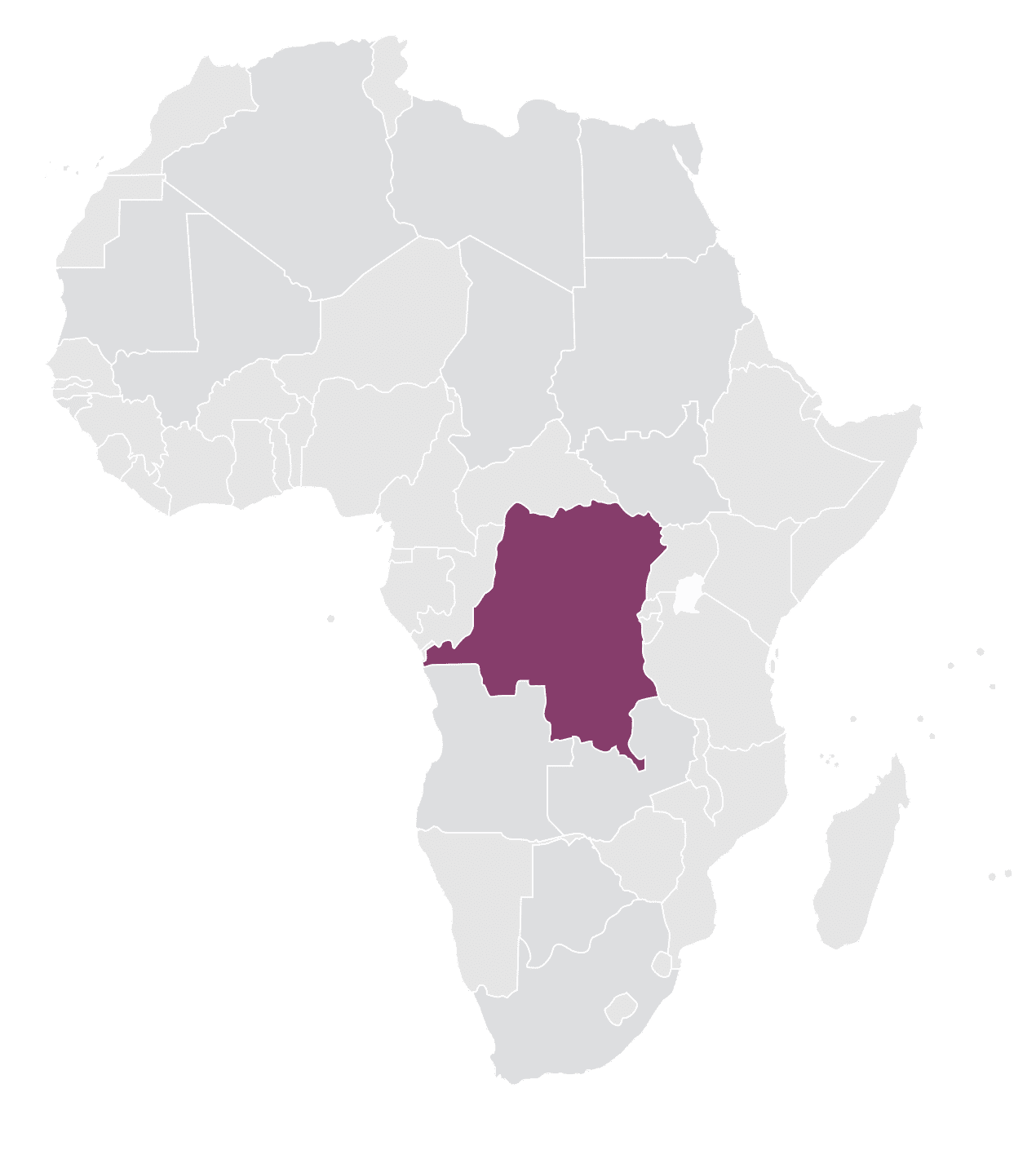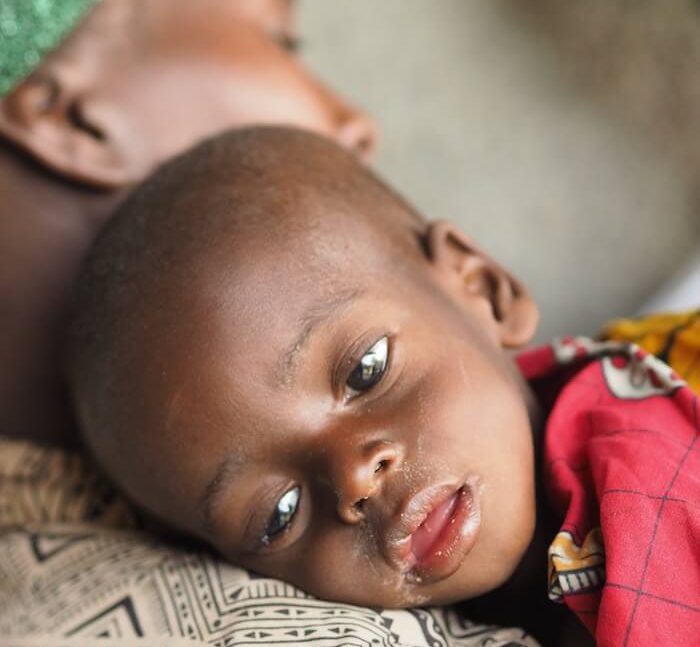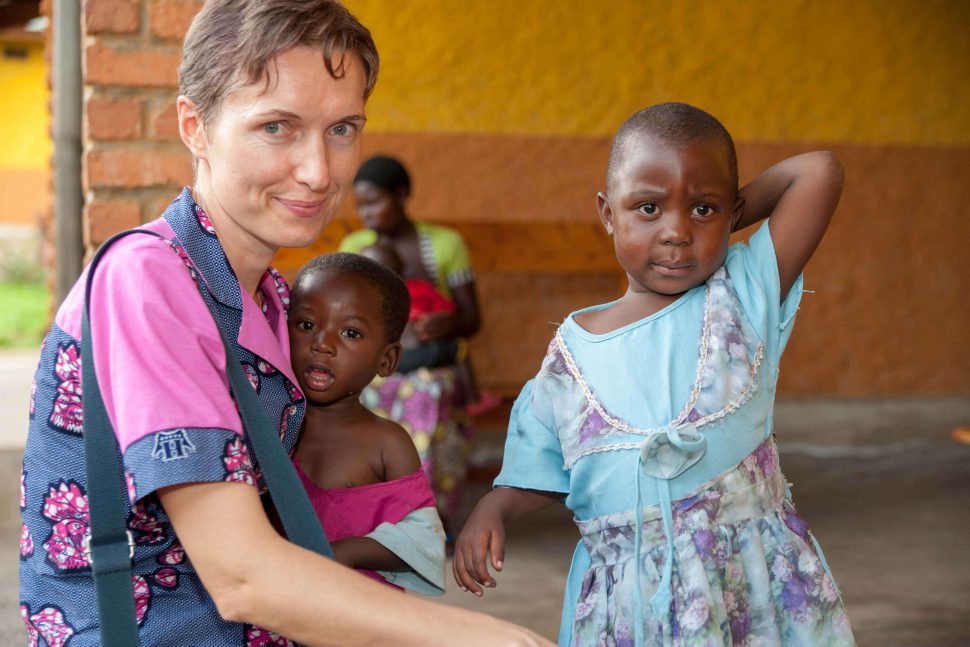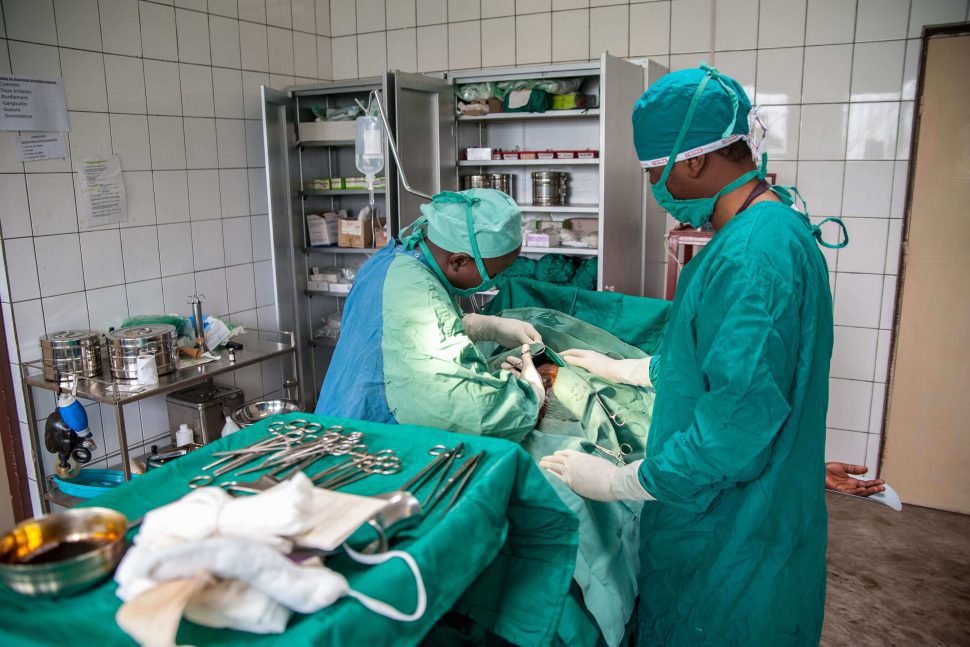Democratic Republic of Congo

The second largest country of Africa, full of paradoxes. On one hand, it is rich in natural resources (including cobalt, copper, coltan, crude oil, diamonds, gold); on the other hand, its inhabitants are among the poorest in the world. For decades, the DRC has been suffering from prolonged conflicts that have led to one of the most severe humanitarian crises in the world.
Overview:
- 62% of the population live in extreme poverty on less than $2.15 a day
- about 10 million people require immediate humanitarian assistance
- about 33 million people are deprived of access to safe water sources and proper sanitary and hygienic facilities
- numerous outbreaks of deadly diseases, including measles, malaria, cholera and Ebola
- about 11% of all global malaria deaths occur here
26 000
6 000
920
10.09.2018
We hope that you were able to make many wonderful memories over the summer and regain the energy to go back to your everyday routine. We’d like to share what’s been going on in the past two months in our hospital in Ntamugenga with those of you who have been taking a break from their routines (or Facebook).
In July and August, we saw 1,621 patients for medical consultations. 687 patients required hospitalization. We treated, or in other words, saved the lives of, 868 patients. We welcomed 148 babies into the world, 46 of whom were born by C-section. These 46 children would not be alive if not for you and your support!
Our doctors stood at the operating table 88 times. Each surgical intervention involves fixed costs: fuel for the generator, tools, needles, threads, drains. All surgery patients owe their health and often lives to YOU. Many of them survived only because we were able to provide blood in the hospital. We used 188 units during the summer break. In Sister Agnieszka’s words: “The number of transfusions is overwhelming. We would never come up with the money for blood. One unit costs $15. For each of our patients, this is an unbearable cost. Just imagine that one transfusion is the equivalent of a family’s half, or sometimes even an entire month’s worth of income. Patients often need a few transfusions to save their lives. No insurance will cover these costs because there is no health insurance here. If not for the kind-hearted people from Poland, we would be completely helpless,” she writes.
We admitted 65 undernourished kids in the nutrition center. We constantly have someone on life support. The medium sized generator could go at any time because it runs nonstop interchangeably with the smaller one. The small one can’t support two oxygen concentrators at once, so it is only turned off when one of the patients no longer needs oxygen therapy, sister Agnieszka explains.
Our sick patients desperately need you. The status of the ebola epidemic is still unclear but we do know that the dangerous virus is getting closer. New cases of infection keep getting recorded. We don’t panic. Instead, we stock up on drugs, medical supplies, everything we might miss when getting around the province will be difficult.
A few more words from Sister Agnieszka:
“At the beginning of the week, at the briefing, I gave the staff good news about the success of Simon’s birthday fundraiser. Everyone jumped for joy. The device for saving the lives of newborns will be the only one within a radius of tens, perhaps hundreds of kilometers. You are all amazing!”



